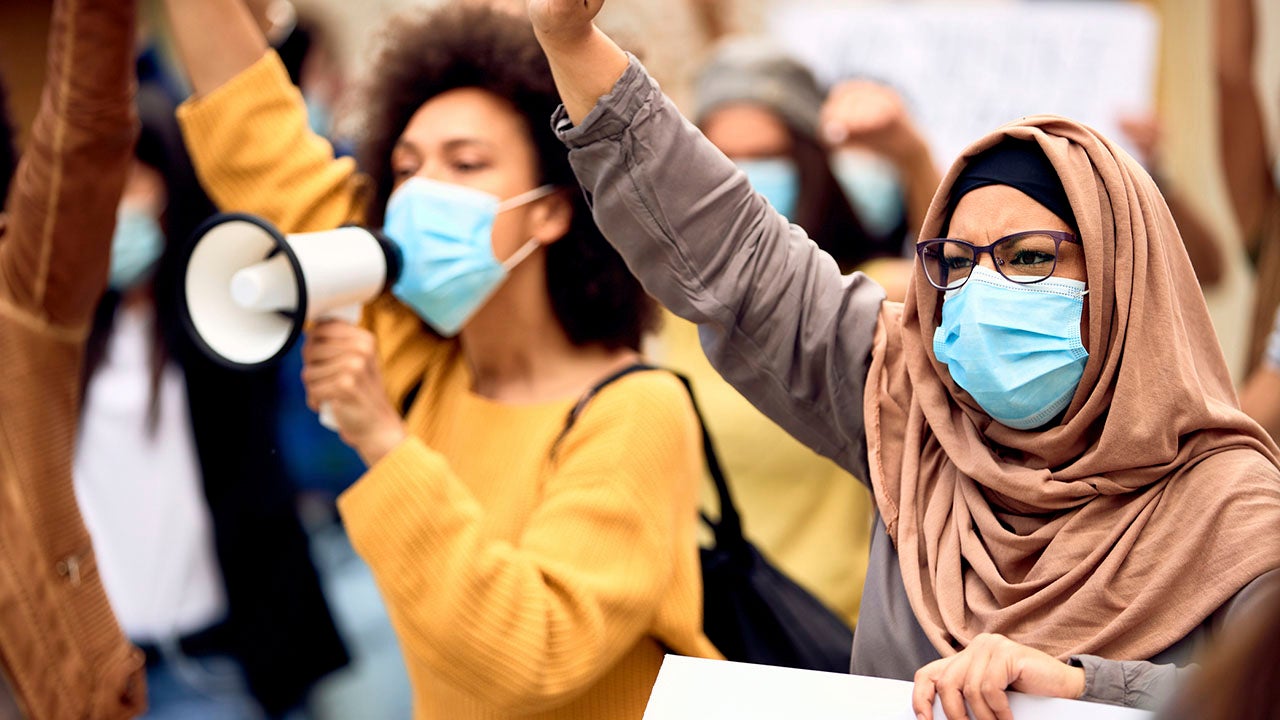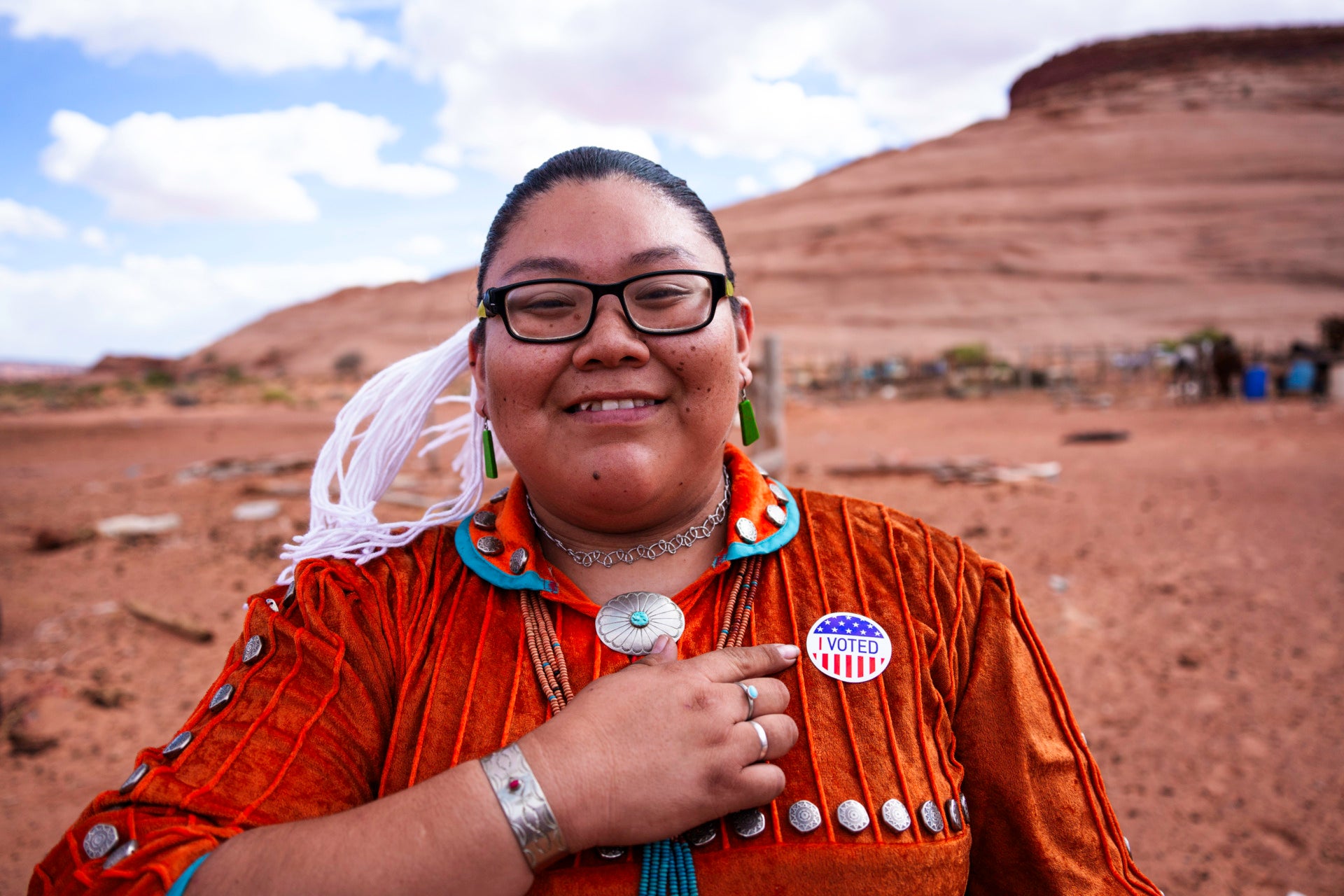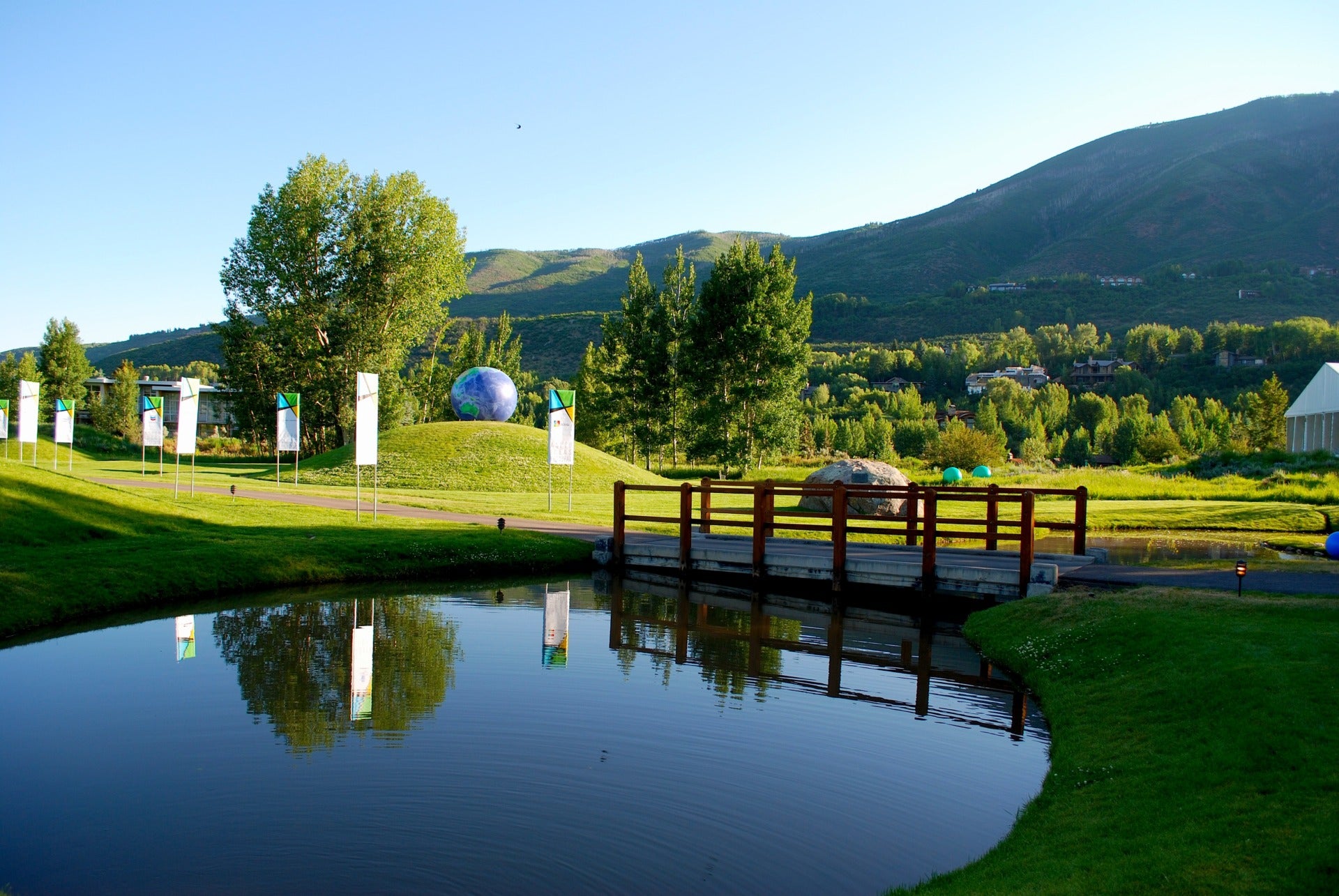What have we learned from COVID-19? We’ve learned that we suffer deeply when we lose human connection. That collaboration is the only way we can stop the spread of the virus. That our fates are bound to one another. My responsibility or lack thereof affects your very survival. We’ve learned that unity, solidarity, and perseverance are the only ways forward.
I believe nothing helps develop 21st-century skills and global citizenship better than international exchange. Sadly, COVID-19 has brought international exchange to its knees. From study abroad to high school exchange to Peace Corps programs, the ability to build human bonds across borders in the physical realm has been largely shuttered. It will likely remain that way for some time.
However, it would be an enormous mistake to write off international exchange. The deeper the crisis, the greater the opportunities that lie behind it. The global pandemic challenges educators to transform global learning. It demands that we accelerate innovative new ways to connect with one another and foster global solidarity. This is a time to embrace, not abandon exchange programs.
We can transform the nature and delivery of international exchange as we know it. In fact, it’s already happening. Technologies are improving rapidly. So is the quality of programming. Virtual exchanges hold more opportunity than mere faces on screens. Managed properly, they can connect students on a scale never envisioned before.
Nothing will replace the human connectedness of in-country exchanges but there are advantages to virtual exchange that could very well outnumber the educational benefits of physical exchange. Firstly, we can broaden our reach. With technology we can develop exponentially more global citizens—perhaps in the hundreds of millions. Second, virtual exchanges allow greater access and inclusion. Virtual programs can bring economically disadvantaged or marginalized students into dynamic online classrooms with students of many different socioeconomic, geographic, and cultural backgrounds.
At United Planet, we look to bring together multilateral groups. For example, we recently partnered with the Aspen Institute’s Stevens Initiative to virtually connect high school students from across the US, including Navajo students, with their peers from Iraq. Iraqi students included ethnic and religious minorities and students from areas that had been affected by ISIS. For many, it was their first time meeting someone from the other country. It was also the first time they had an opportunity to shape their own perspectives through direct personal experience across borders.
In a 10-week virtual collaboration, they worked together on community-oriented projects to tackle COVID-19. They may not have met in person, but they created lasting bonds. I watched Indigenous Americans work with communities in Iraq and Jordan to co-design twin public health initiatives. Together they raised awareness about everything from hand washing to battling social isolation.
Another group of students led by Sydney Kim, an undergraduate student at Boston University, developed solutions to address increasing domestic violence amidst the pandemic. They raised awareness by launching a bilingual website in English and Arabic as a resource for domestic abuse victims, survivors, and friends and family who want to better understand and support their loved ones. “This experience meant a lot to me because the students took the time to truly understand not only what domestic violence is but also how they, too, have a role in stepping up,” Kim said. “We are giving survivors a platform to use their voices while offering a public resource.”
A third team of students focused on using art as therapy. They created a virtual platform called Corona Art Exhibition where artists can express themselves. Artists have embraced the platform; many uploaded new works of art to the website and social media channels.
This serves as a valuable reminder: we mustn’t retreat into fear at a time when we are called to connect. Every educator is expected to prepare students for the global economy. The job market awaiting graduates is intertwined with other countries and global supply chains in countless different directions. We need international exchange to help these emerging leaders embrace the challenges they face now and those they will surely face in the future.
In our increasingly digital world, virtual exchange is the next step toward building a more peaceful and sustainable planet—one that will ensure our safety and the well-being of generations to come. This pandemic proves that we are each other’s best and only hope. We must continue collaborating across borders, thinking critically, and bringing our full creativity to bear if we want to solve this and future crises.
David Santulli is the founder and president of United Planet.


